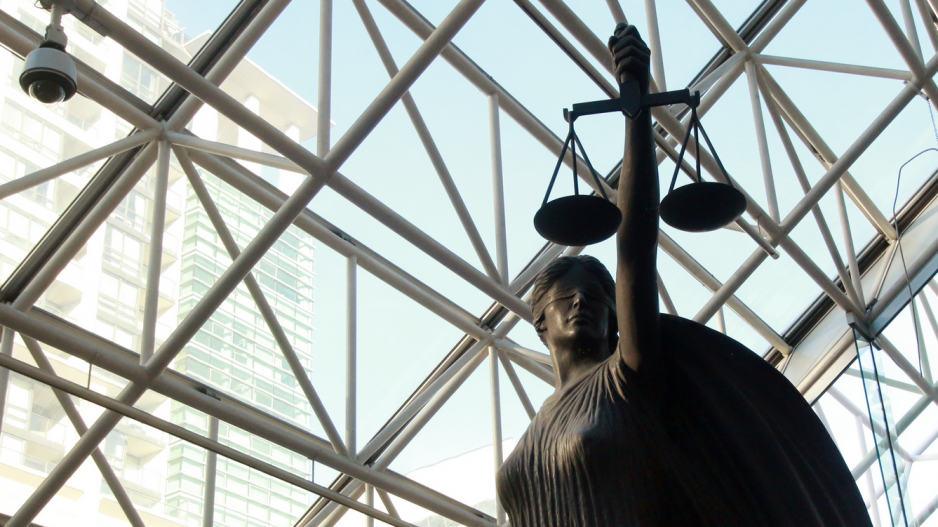A trio of marine pilots used a court petition against a business to “disseminate COVID-19 misinformation” and advance a political motive, a sa国际传媒 Supreme Court judge has found.
Justice Carla Forth scolded pilots Edward Rayner, Maciej Niksinski and Lance Schilka for a petition over vaccine mandates she determined had no merit and was doomed to failure.
The three petitioners are employees and shareholders of the British Columbia Coast Pilots Ltd. (BCCP), which offers piloting services to operate commercial or pleasure craft boats or ships in sa国际传媒’s waterways.
The pilots were put on unpaid administrative leave for not being fully vaccinated after a BCCP policy and a contract with Pacific Pilotage Authority (PPA) required vaccines, according to a recent decision. BCCP membership also voted overwhelmingly in November 2021 not to pay unvaccinated employees on leave.
The three pilots filed a petition in July 2022, seeking $500,000 each in compensation and a further $500,000 in aggravated damages for mental distress.
But Forth found they had political motives.
“I accept that the petitioners commenced this petition with a view to propagating their misguided views and in an attempt to disseminate COVID-19 misinformation using the court processes,” Forth wrote.
“They were, in essence, improperly attacking health policies. I accept they did so with a political motive. The courtroom is no place for the dissemination of COVID-19 misinformation nor for the pursuit of political motives.”
The pilots reportedly sent a letter to the PPA last December, pushing misinformation around vaccines and COVID, including that the vaccines were experimental, unsafe, and constituted assault and potentially illegal human experimentation.
The letter also stated COVID posed little threat and was extinct in sa国际传媒, and that U.K. vaccine recipients were dying at a higher rate than the unvaccinated.
The petition relied entirely on an affidavit made by Rayner, which made similar claims as the letter to the PPA and offered no expert evidence, according to the decision.
Just as the matter was set to go to hearing this year the petitioners asked to discontinue the matter and agreed they should be barred from filing any similar legal actions in the future.
Forth ordered the pilots to pay regular costs, which cover a portion of the legal costs incurred as part of the case.
She also ordered them to pay 70 per cent of special costs, which are punitive fees for “reprehensible litigation conduct” that also cover the successful party’s legal costs.
While the petitioners relied on laws around shareholder oppression, Forth said many of the remedies sought by the pilots, including reinstatement of employment and aggravated damages, had no legal standing in those laws.
The petitioners conceded they weren’t likely to succeed, but Forth went further, saying it was “bound to fail and lacked merit.”
But being bound to failure isn’t enough to award special costs.
“Something more” is required, Forth noted in her decision. “In my mind, that ‘something more’ is the reliance on a deficient affidavit that sought to spread COVID-19 misinformation and sought to use inadmissible evidence.”
She added the petitioners were obliged to seek out expert evidence to back up what were otherwise opinions from Rayner that fell beyond his area of expertise as a marine pilot.

